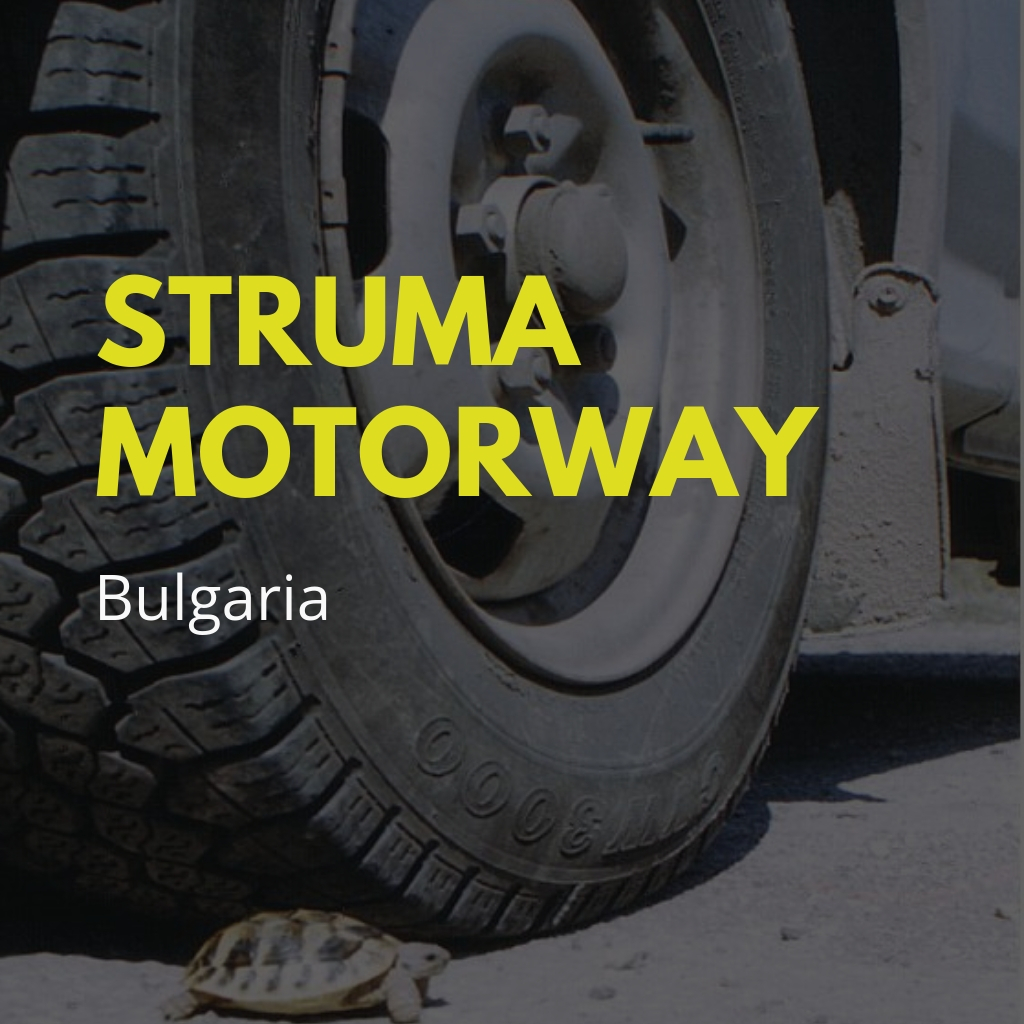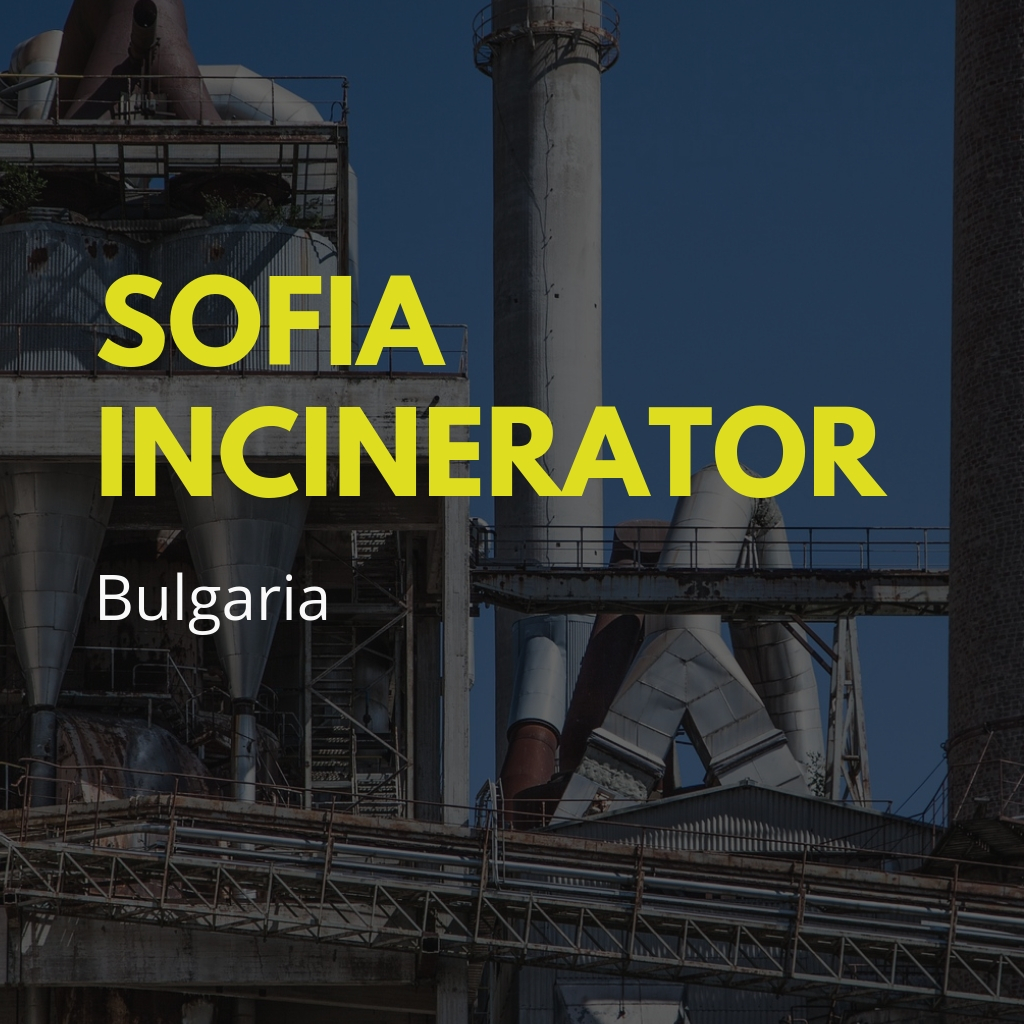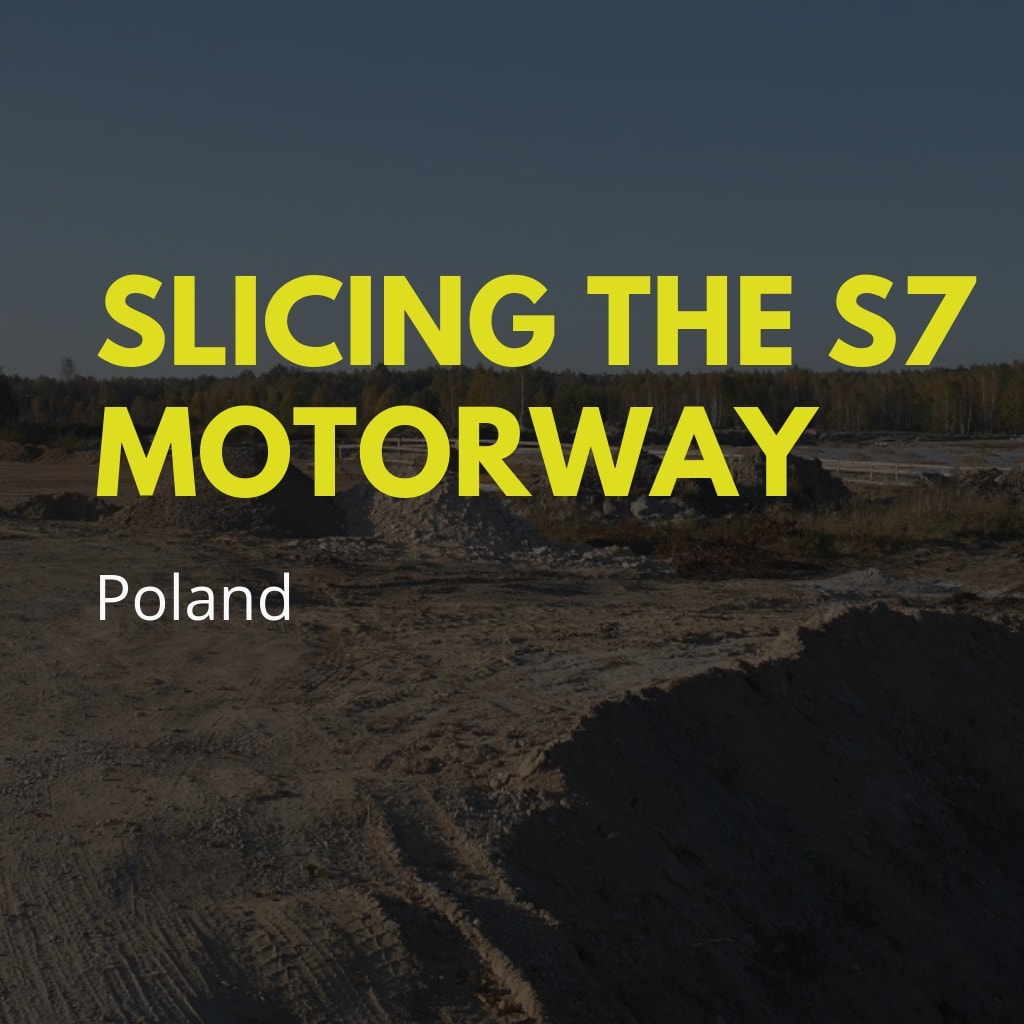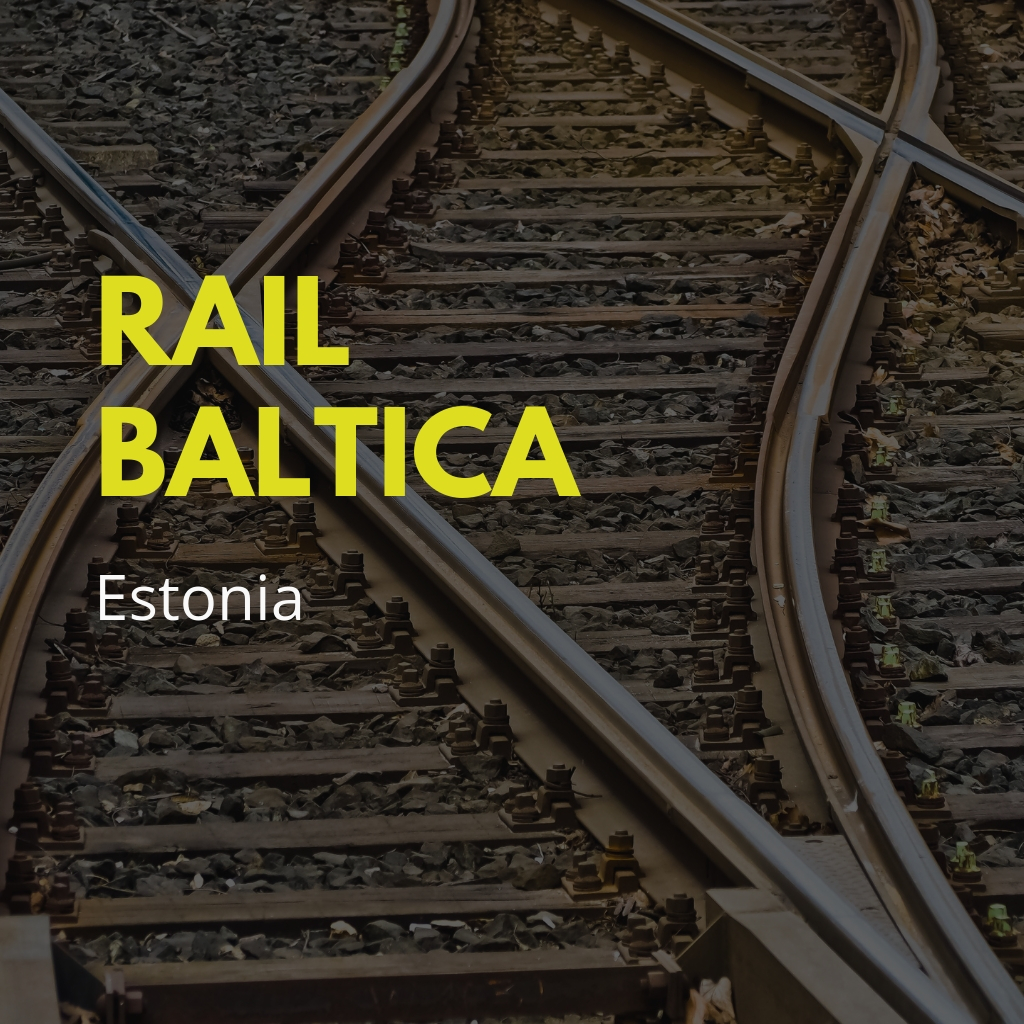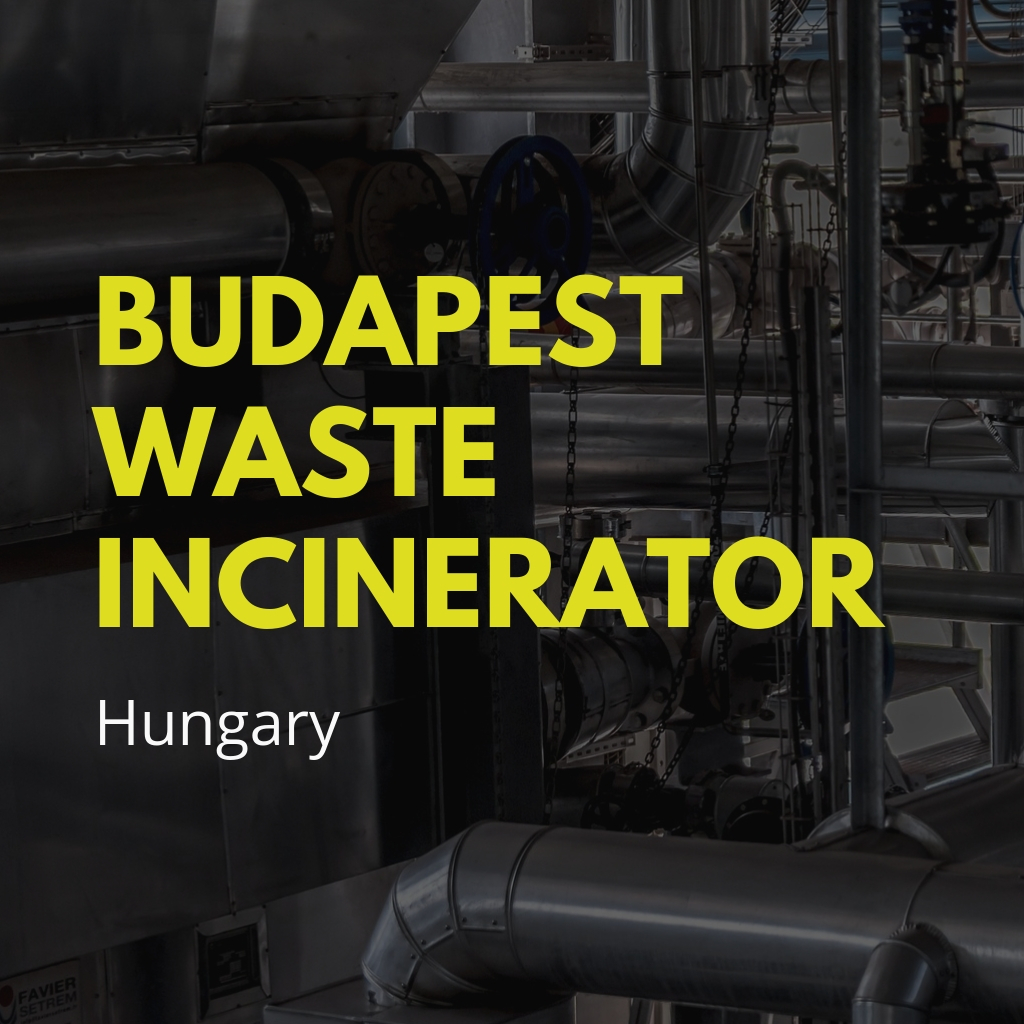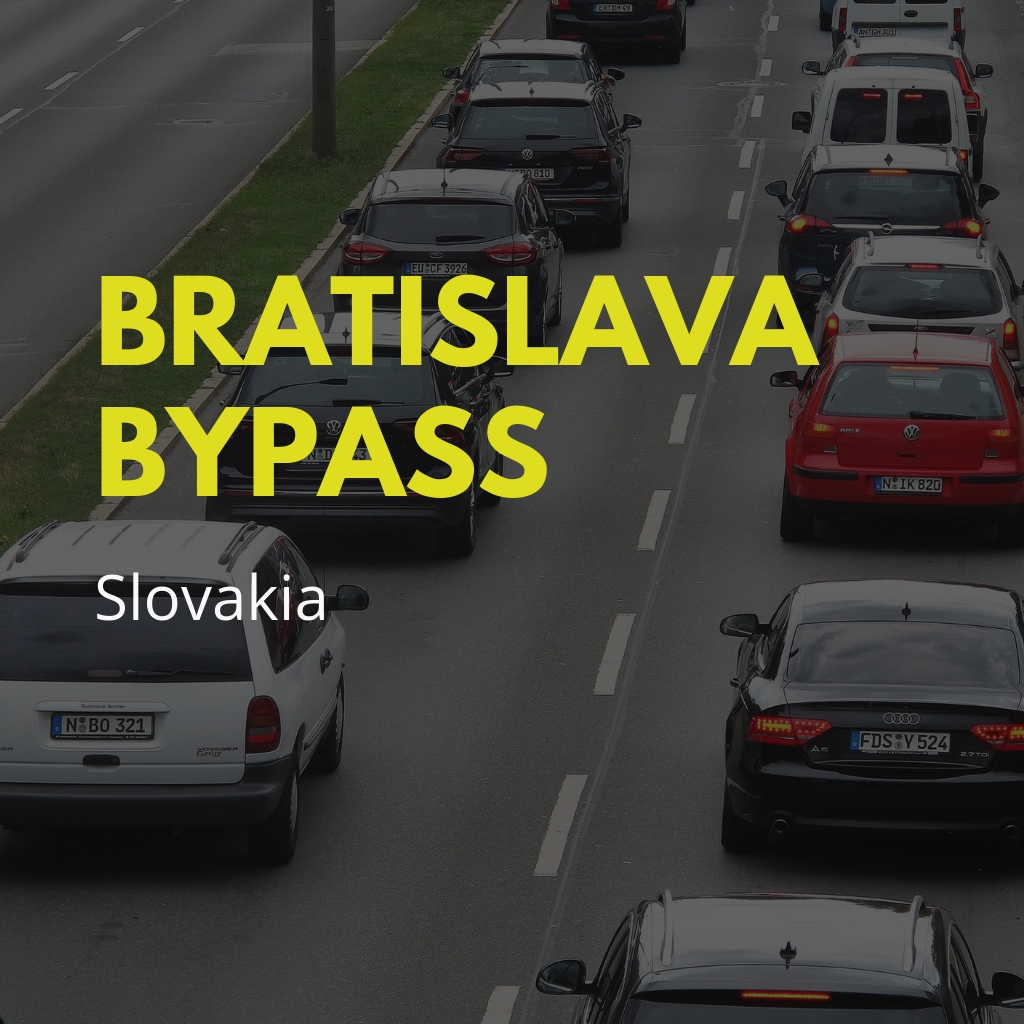Revitalisation after mining
Country: Slovakia
Total project costs: EUR 94.7 million
EU funding: data unavailable
Trencin is one of the coal regions in transition chosen by the European Commission and the Slovak government. Local communities are concerned that financing for the region, which should be spent on its re-development, will instead end up in the pockets of the private coal mining company Hornonitrianske bane Prievidza (HBP).
Trencin is one of the coal regions in transition chosen by the European Commission and the Slovak government. Local communities are concerned that financing for the region, which should be spent on its re-development, will instead end up in the pockets of the private coal mining company Hornonitrianske bane Prievidza (HBP).
HBP has been aware of the need to phase out coal since 2005 when the Slovak government started to support electricity from domestic coal via an increasing feed-in tariff of up to EUR 103 million annually.
In March 2018, while local mayors were building grassroots participation in building a post-coal future for the region, the Slovak government suddenly opened a call for projects to be supported by the platform. The government launched the call after closed-door meetings with the Commission, regional authorities and only three companies, including HBP and its partners, during which the company presented twelve proposals totalling EUR 400 million.
The Slovak government gave a deadline of only two months for submitting projects and said projects that already had a building permit would be favoured, a barrier to entry for any citizen or small business.
The company wants EU taxpayers to finance what it should be doing anyway
The most controversial project of HBP’s submitted projects is for the revitalisation of underground and surface areas. The company wants EU taxpayers to finance what it should be doing anyway: according to its 2017 annual report: “After termination or permanent cessation of operation in the main mining works, the Company is obliged under the provisions of the Mining Act to recultivate the lands affected by mining activities and to destroy the main mining works. In accordance with obligations under this Act, the Company creates reserves for the reclamation of land affected by the mining and related projects, for refundation of damages and for the purchase of real estates, for the disposal of the main mining works and the rehabilitation of buildings in the areas affected by the mining.”
At the same time, HBP is still working on opening a new mining field after 2023, when the first phase of transformation in the Trencin region ends.

